Interview
Open Page with Susan Hawthorne
 Susan Hawthorne
Susan Hawthorne
(photograph by Susan Kelly)Susan Hawthorne is the author/editor of thirty books of fiction, poetry, and non-fiction. Her latest book, Lesbian: Politics, culture, existence (Spinifex Press), interweaves her thinking about these subjects over a fifty-year period. She has worked in Indigenous education and has taught English as a second language to Arabic-speaking women. For fifteen years, she was an aerialist in two women’s circuses. She researched the torture
of lesbians on which her novel Dark Matters is based.
Continue reading for only $10 per month. Subscribe and gain full access to Australian Book Review. Already a subscriber? Sign in. If you need assistance, feel free to contact us.

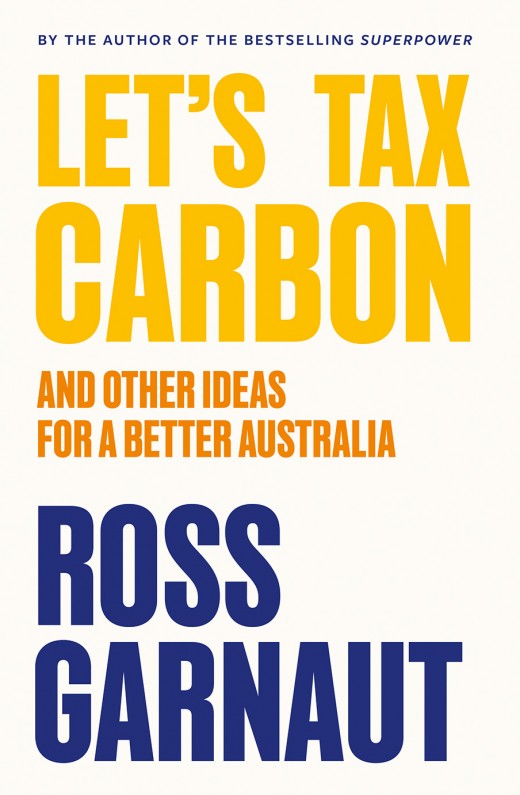
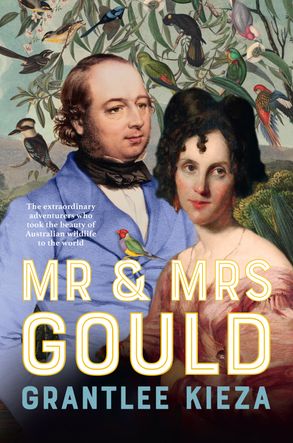
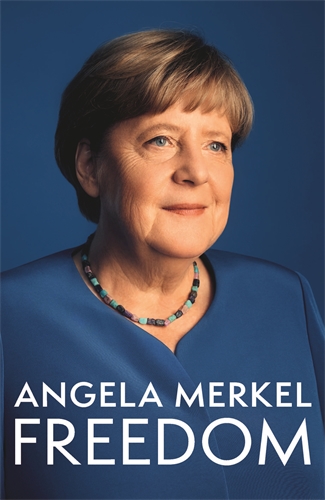
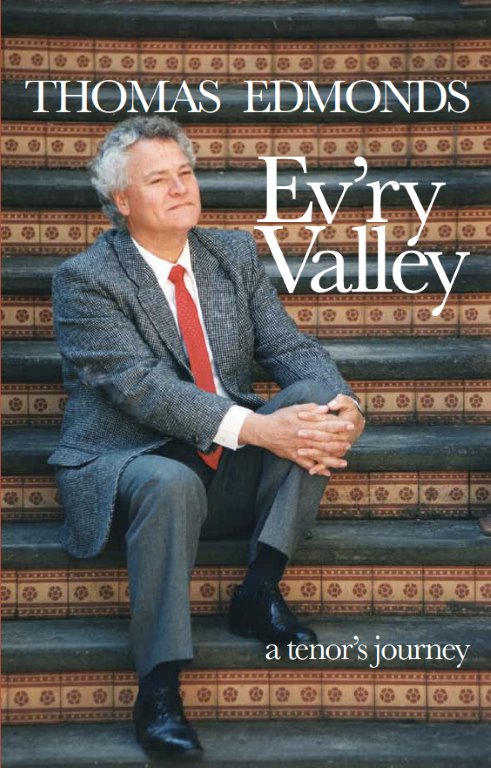
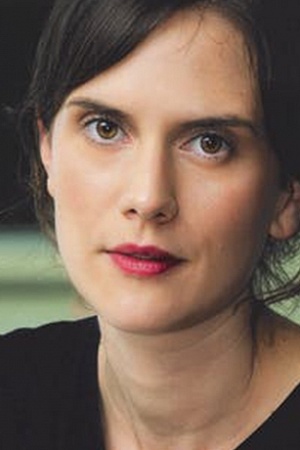

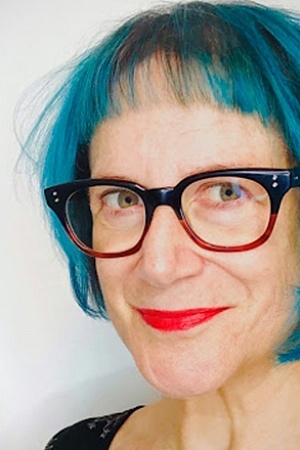

Leave a comment
If you are an ABR subscriber, you will need to sign in to post a comment.
If you have forgotten your sign in details, or if you receive an error message when trying to submit your comment, please email your comment (and the name of the article to which it relates) to ABR Comments. We will review your comment and, subject to approval, we will post it under your name.
Please note that all comments must be approved by ABR and comply with our Terms & Conditions.